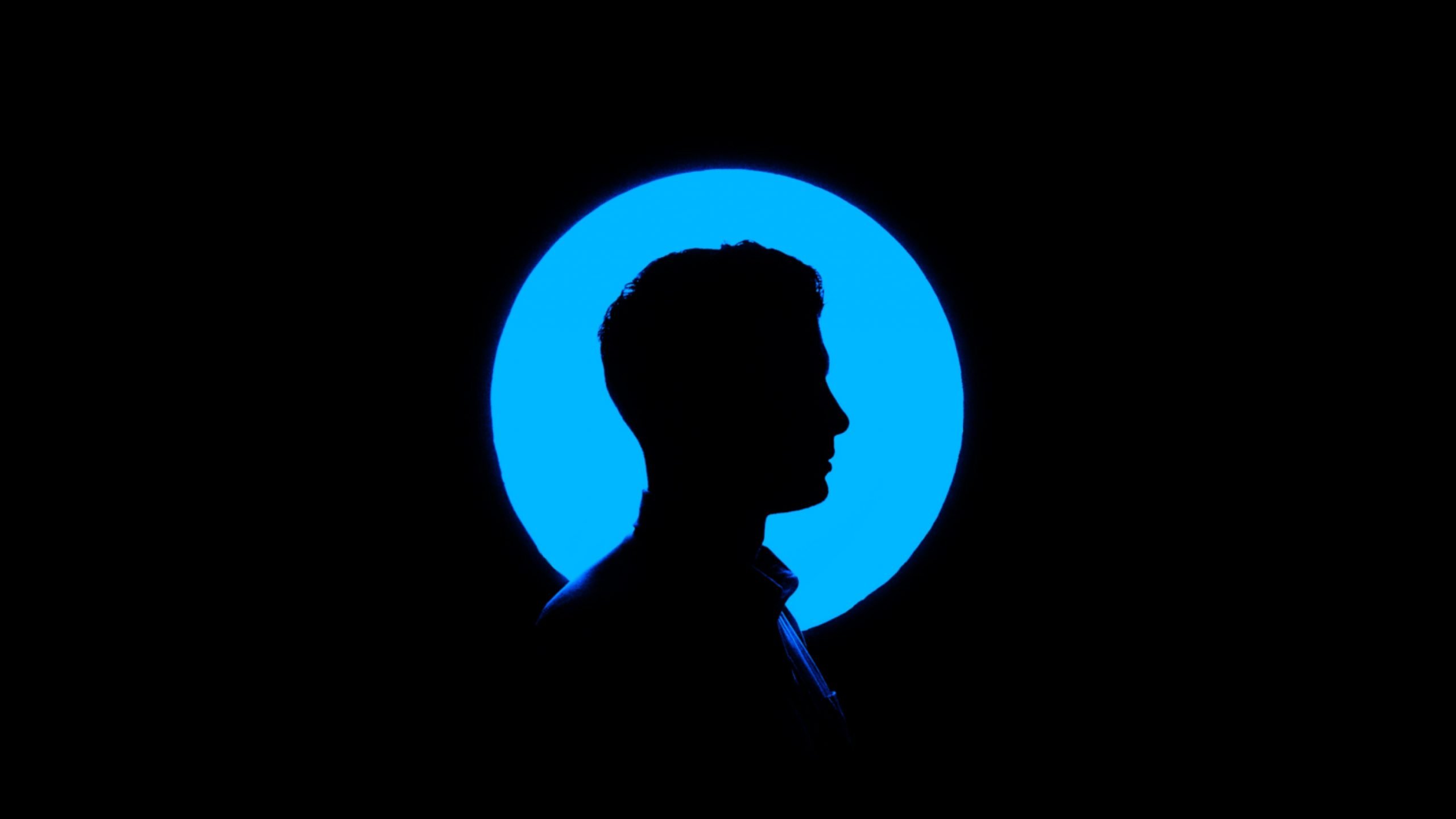This is a speculative fiction story that I wrote in 2019 for my Social Media and Society class. The story is in the form of a blog post from the CEO of a company called "Lively". It's about a technology he created with "good intentions" using the deepfake technique and how it changed the trust in the digital world. Enjoy it!
16/07/2027, Thomas Reed
Hey there! Yes. it’s me.
There has been a lot of news recently about my old startup Lively, so I wanted to write a post, taking responsibility for -kinda- killing online trust. In case you were living under a rock; Lively was a desktop app that would use deepfake video tech in the live videos. To be honest, it sounded like a good idea when we came up with it.
1- It is not always about having fun
Most stories about successful startups say that you should have fun while working on your idea. I agree, but it’s not always about having fun.
When I started Lively, back then I used to call it DF-Live, it was just about having fun. Back in the days when I was in college, from 2017 to 2021, there were many news about deepfakes1,2,3. It was the big thing that everyone was afraid of. Tech blogs and even newspapers were making news about technology and how to be careful. Can’t blame them, it was the era of fake news. I remember reading news about Google creating their deepfake video database to fight against deepfake videos4.
I started working on the early version of Lively to mess with my friends during our Skype calls, just to have fun and prank them. It wasn’t even that good but fun. One thing led to another and in less than 2 years we had Lively, “helping people” during their online job interviews and making money. Or at least that’s what I thought.
2- You need to see the big picture
The hard work we put into Lively paid off, we - me and 7 more people at the beginning - managed to prepare one of the most amazing in-live video technologies. Still better than today’s available apps and we have been off the grid for 3 years now! Anyways, our product was created for fun, then we saw the potential.
We thought we could help people with stress and anxiety during their online job interviews. It was a simple idea. We would take the interviews as them with our technology, help them to get a new job. It worked, at least in the beginning.
3- Consequences
Our technology opened a door that we have never imagined, identity fraud. In a world, where everything was moving into the digital world we should have seen this coming but did not, we were focused on the “good” and were young, if you take this as an excuse. That’s the only one we have. We never thought about ethics, possible use cases, or anything else. We were just thinking about “doing good”, creating the next big thing. We were successful, in terms of having customers and making money.
But things got out of hand. People started using our technology online for opening bank accounts, getting loans, creating investment accounts on behalf of other people. We made identity fraud become easier, way easier. Online trust, thanks to us, hit rock bottom. We learned a big lesson.
How can we regain trust in the digital world? I do not have the answer but took the first step by closing down our company. Although the tech is out there we know the antidote and are already working on it. Wish us luck. With our new initiative, which we will reveal very soon, we are going to bring back trust to the online world. Trust us.
